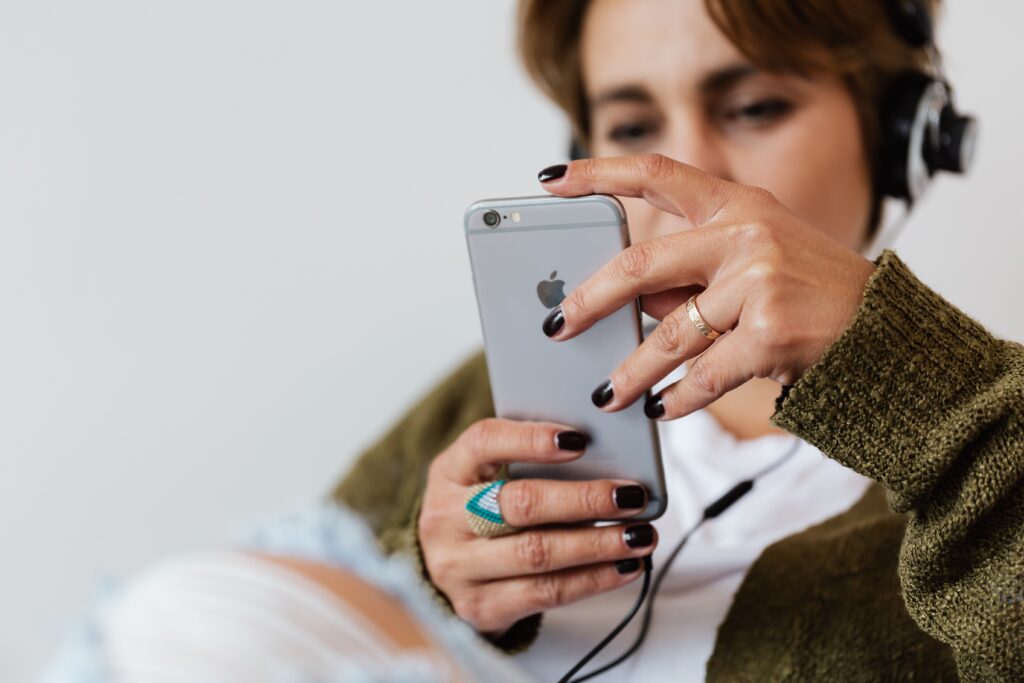From Distraction to Addiction
Can social media be an addiction, especially for individuals with ADHD?
An addictive behavior has been characterized as anything you do over and over to the point thta that it interferes with your daily life in ways that you or others around you notice. Much has been written about various types of Internet addiction with regard to using sites related to:
- Gaming
- Gambling
- Shopping
- Pornography
More and more, researchers are beginning to add social media to the list of Internet activities that can go from being a distraction to an addiction.
Why Social Media Is Addictive
Tips to Break the Social Media Habit
If you feel like you’re addicted to social media or just spending too much time there, here are some tips to help you control the habit:
Stay aware of what you want – Before using a social media app, ask yourself what you really want from the experience. Think about writing it down and keeping it in front of you while you’re on social media. This will help getting sucked into the rabbit hole of social media distraction.
Use technology – Turn off social media notifications, turn on popup blockers, and avoid subscribing to or following social media accounts.
Defer rather than deny – Set aside specific times to use social media and put limits on the time you do spend there. One way to do this is to have a to do list and make social media a task with a set duration.
Substitute other activities – When you have down time that might otherwise be consumed by social media, think about other activities you could engage in – e.g., reading or listening to music – that are beneficial and rejuvenating.
Be in the moment – Try avoiding the temptation to add social media to everything you are experiencing. Just fully enjoy the activity while it is happening and don’t worry about recording it on a social media post. Better yet, take a vacation from social media so you can reconnect with the people you are actually with.
References
- https://www.additudemag.com/doom-scrolling-wasting-time-on-social-media-adhd/
- https://adhdarmy.com/social-media-is-toxic-for-people-with-adhd-so-disconnect-from-it/
- https://www.webmd.com/add-adhd/adult-adhd-internet-addiction
- https://sachscenter.com/social-media-and-addiction/
- https://www.understood.org/en/articles/how-i-beat-my-social-media-habit-and-how-you-can-too



